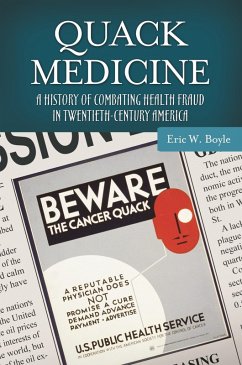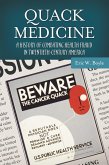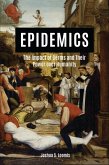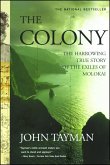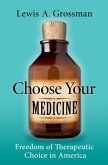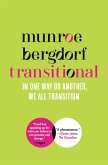This timely volume illustrates how and why the fight against quackery in modern America has largely failed, laying the blame on an unlikely confluence of scientific advances, regulatory reforms, changes in the medical profession, and the politics of consumption.
Throughout the 20th century, anti-quackery crusaders investigated, exposed, and attempted to regulate allegedly fraudulent therapeutic approaches to health and healing under the banner of consumer protection and a commitment to medical science. Quack Medicine: A History of Combating Health Fraud in Twentieth-Century America reveals how efforts to establish an exact border between quackery and legitimate therapeutic practices and medications have largely failed, and details the reasons for this failure.
Digging beneath the surface, the book uncovers the history of allegedly fraudulent therapies including pain medications, obesity and asthma cures, gastrointestinal remedies, virility treatments, and panaceas for diseases such as arthritis, asthma, diabetes, and HIV/AIDS. It shows how efforts to combat alleged medical quackery have been connected to broader debates among medical professionals, scientists, legislators, businesses, and consumers, and it exposes the competing professional, economic, and political priorities that have encouraged the drawing of arbitrary, vaguely defined boundaries between good medicine and "quack medicine."
Throughout the 20th century, anti-quackery crusaders investigated, exposed, and attempted to regulate allegedly fraudulent therapeutic approaches to health and healing under the banner of consumer protection and a commitment to medical science. Quack Medicine: A History of Combating Health Fraud in Twentieth-Century America reveals how efforts to establish an exact border between quackery and legitimate therapeutic practices and medications have largely failed, and details the reasons for this failure.
Digging beneath the surface, the book uncovers the history of allegedly fraudulent therapies including pain medications, obesity and asthma cures, gastrointestinal remedies, virility treatments, and panaceas for diseases such as arthritis, asthma, diabetes, and HIV/AIDS. It shows how efforts to combat alleged medical quackery have been connected to broader debates among medical professionals, scientists, legislators, businesses, and consumers, and it exposes the competing professional, economic, and political priorities that have encouraged the drawing of arbitrary, vaguely defined boundaries between good medicine and "quack medicine."

